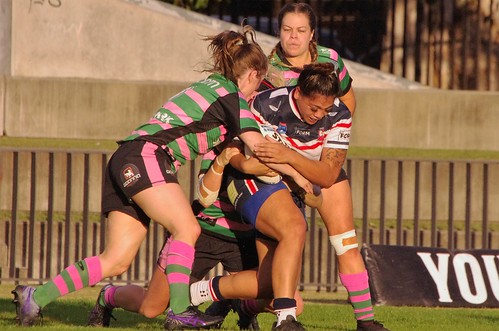Kim Williams is more than just a former Murdoch boss, but his new role does not make it his ABC
Murdoch #Murdoch

The ABC has a new chairman in Kim Williams and once again across the media landscape the hares are running.
You can take your pick: he’s a former Murdoch boss who will hasten News Corp’s takeover of a cowed public broadcaster, or he’s Gough Whitlam’s son-in-law who only got the job because he’s a Labor mate.
At times like this, media observers become like Kremlin-watchers, reading deep meaning into tiny snippets of fact, rumour and gossip. The next step will be for someone to send body language experts to his first speech as ABC chair.
In the meantime, here’s what we do know. Williams is a formidable public intellectual with a long history in media and the arts. He was one of the nominations of the independent panel established to choose the best candidates on merit.
Unlike the former Coalition government, Labor actually took the advice of this panel in making the appointment. To that extent, we are off to a good start.
For those keen to see what type of leader the new chairman will be, they won’t have to wait long. The ABC is now embroiled in a series of rolling crises, any one of which has the potential to deeply damage the public broadcaster.
It is facing the perennial challenge of declining audiences, changing media consumption behaviours and clearly inadequate funding. It is under public attack for a range of perceived biases that begin with systemic leftwing sympathies and progress all the way through to strong conservative leanings due to News Corp infiltration, with smatterings of antisemitism and pro-Israeli bias along the way.
To top it off, there is concern about a lack of support within the organisation for its increasingly diverse workforce, and a growing trust deficit between staff and management.
Williams will have a vital role to play in all of these matters. He will need to find ways of bring staff and management together again in pursuit of a common cause, and he will need to build both public and government support for the best that public broadcasting can be.
In my 40 years at the ABC and SBS, the best chairs I saw were passionate, influential and persuasive in their public defence of their organisations, while privately and internally ensuring that management upheld the finest traditions of independence, rigour, impartiality, efficiency and transparency in the way they ran the place.
Public champions, private watchdogs.
As we all settle in to see what kind of leader Williams proves to be at the ABC, there is one other vital factor we need to keep in mind. It is a particularly important factor given his decades of experience in running media organisations.
Over many decades, the ABC has had some extraordinary leaders – people who have built the ABC into one of the world’s best and most trusted public broadcasters. There have also been poor leaders – indecisive, divisive, and prone to putting the ABC on the front pages for all the wrong reasons. You can decide which names belong on which of those lists, but the names were very familiar to each generation of Australians, from the veteran “father” of public broadcasting Charles Moses to Mark Scott, David Hill, Jonathan Shier, Brian Johns, Michelle Guthrie and the delectably named Talbot Duckmanton.
All of them – good, bad and indifferent – had one crucial characteristic of their leadership.
They were managing directors of the ABC, not chairmen. There is no place in any well-functioning ABC for a chair who wants to manage the organisation and drive the decisions, unless of course you “do a David Hill” as chairman, by removing and replacing your managing director so you can do the job yourself.
The ABC board and its chair may help chart the course for a modern ABC, using the ABC Charter as a guide, but it will always be the managing director who has the hand on the tiller to steer the ship.
Ironically, the more impressed we are with an incoming chairman’s breadth of vision and experience as a media manager, the more we have to hope he understands the importance of leaving the managing to those whose job it is.
If the decision proves to be a good one, it will be no more Kim’s ABC than it should have been Ita’s ABC. It’s our ABC, and all of us would do well to remember that.